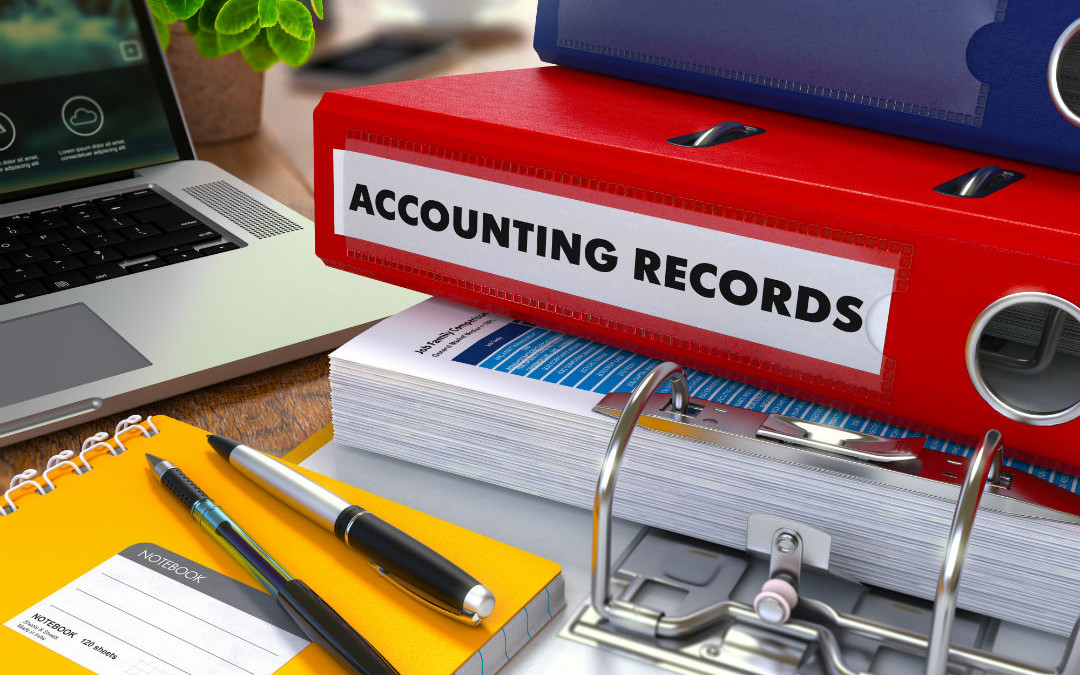/186819711-56a22da93df78cf77272e59c.jpg)
Image source: https://fthmb.tqn.com/DTRIKexffptzmUv_CiiHHZuvqOA=/1178x892/filters:fill(auto,1)/186819711-56a22da93df78cf77272e59c.jpg
You might have research quite a few reports with dealer complaints covering a range of manipulative broking ways they encountered when buying and selling in Forex and CFD markets, adding stop-hunting, pressured delays in trade executions, unjustified price spikes, synthetic gaps, unexpected slippage and drastic surge in spreads, among the many many different shady practices that witnesses report. The opportunities are, few would know the underlying reasons behind such broking behaviors. In reality, it all comes down to the elements of opportunity and financial incentive. Since their profitability and the very financial survival is pushed by client losses, such brokers tend to misuse the technical amenities of B-Book systems, interfering with client trades, manipulating execution and even dressing up price quotes to maximize their personal profits.
Alternative DMA/STP solutions for professional traders
Most Forex brokers aren't your traditional financial intermediaries found on Wall Street. When operating in international currency and CFD markets, full understanding of the structure and strategic objectives of Forex brokers may mean a difference between success and utter failure for a dealer. There is so much more to the discipline than just transparency of commission structures and hidden charges. Knowing how to spot a truly professional brokerage solution, with the intention to serve your interests rather then stuffing their personal pockets with your money, will go a protracted way in safeguarding your capital.
If you ever thought of making money with a market-making broking, you might as well forget it altogether as the opportunities of your desires materializing are next to none. The most effective viable brokerage solution for professional Forex and CFD traders is one where broking's financial motivation is tied to client success, with a commission-based compensation rather then the more common B-Book model where broking makes money on client losses. DMA/STP companies, like Concord bay, also known as A-Book brokers, cater to professional traders and investors, delivering superior execution and first-rate electronic buying and selling services structured to facilitate success of their clients.
Curiously adequate, most of the manipulative ways discussed above might be perfectly legal, even for regulated brokers registered and operating in reputable jurisdictions. This is the case because according to client contracts, which are the terms and prerequisites that customers accept online when commencing Forex broking accounts, are drafted with full disclosure of the market-making role of the broking. According to these agreements, brokers act as exclusive dealers for all Forex and CFD trades, and legally have the appropriate to offer the kind of execution they deem acceptable under circumstances. If the circumstances are such that the client is making money, it may just be in the simplest interests of the broking to put a stop to the winning trades and reverse gains. If or not it's perfectly legal to do so, there might as well be no stopping the broking from doing it.
What is the business model of most Forex brokers, how do they operate and make money? What are the basic differences from traditional structures that fairness investors are used to?
The Bottom Line
Worst of All, This Could Actually be Legal, Even for Regulated Brokers
There is most effective two business models among the many thousands of brokers globally. The first and most commonly used model is called market-making, or B-Book. Whether regulated or not, such brokerages current the greatest risk of economic losses and missed profits to clients. B-Book is a technical term, which implies that provider will virtually execute trades without sending them to reside markets. Such methodology permits the virtual broking to store all trades on the books, acting as counterparty to every transaction under assumption that the prevailing majority of clients will sooner or later lose all money. Client loss here becomes broking gain, and vice versa.
Most common grey ways used by B-Book brokers are presented in the screenshot that follows. You can clearly see that brokers have the technical means to force execution delays, damaging client accounts when traders should probably want to exit the market urgently on huge price swings. They can and often do disregard stop-loss requests, or execute orders at inferior prices, take client money from positive slippage, artificially inflate spreads, and utilize different powerful tools to guarantee broking profits. These systems usually are not designed to produce honest brokerage services, and aren't aimed at long-term customer satisfaction. All they are intended to do, is maximize client losses for maximum broking rewards.
Unfortunately, as practice shows, even regulated brokers are prone to these abuses. The reality of things and practical experience of investors with market makers show that there is no such thing as a reputable B-Book broking, while the business model itself is fundamentally skewed to benefit the broking on the expense of the client.
Scary consequences of B-Book business models
Profitability of a broking with most effective three group of workers is intellect-boggling. They make money from thin air. B-Book broking will transform virtual client trades where no actual market buying and selling occurred in the first place, in broking's personal profits. The very next day, these funds are being used to pay for even more advertising, selling the concept of easy money to trusting investors. This is precisely why the brokers that have a lot of of the highest online visibility resulting from heavy advertising, use B-Book models, while professional ECN brokers have relatively small presence online and advertise their offers within truthful budgets. High competition for advertising spots saw brokers' marketing charges skyrocket, and or not it's mostly the case that most effective market-making B-Book brokers, who principally use client money to pay for advertising, are able to afford the cost.
Dangerous Business Model of Market Making, or B-Book
